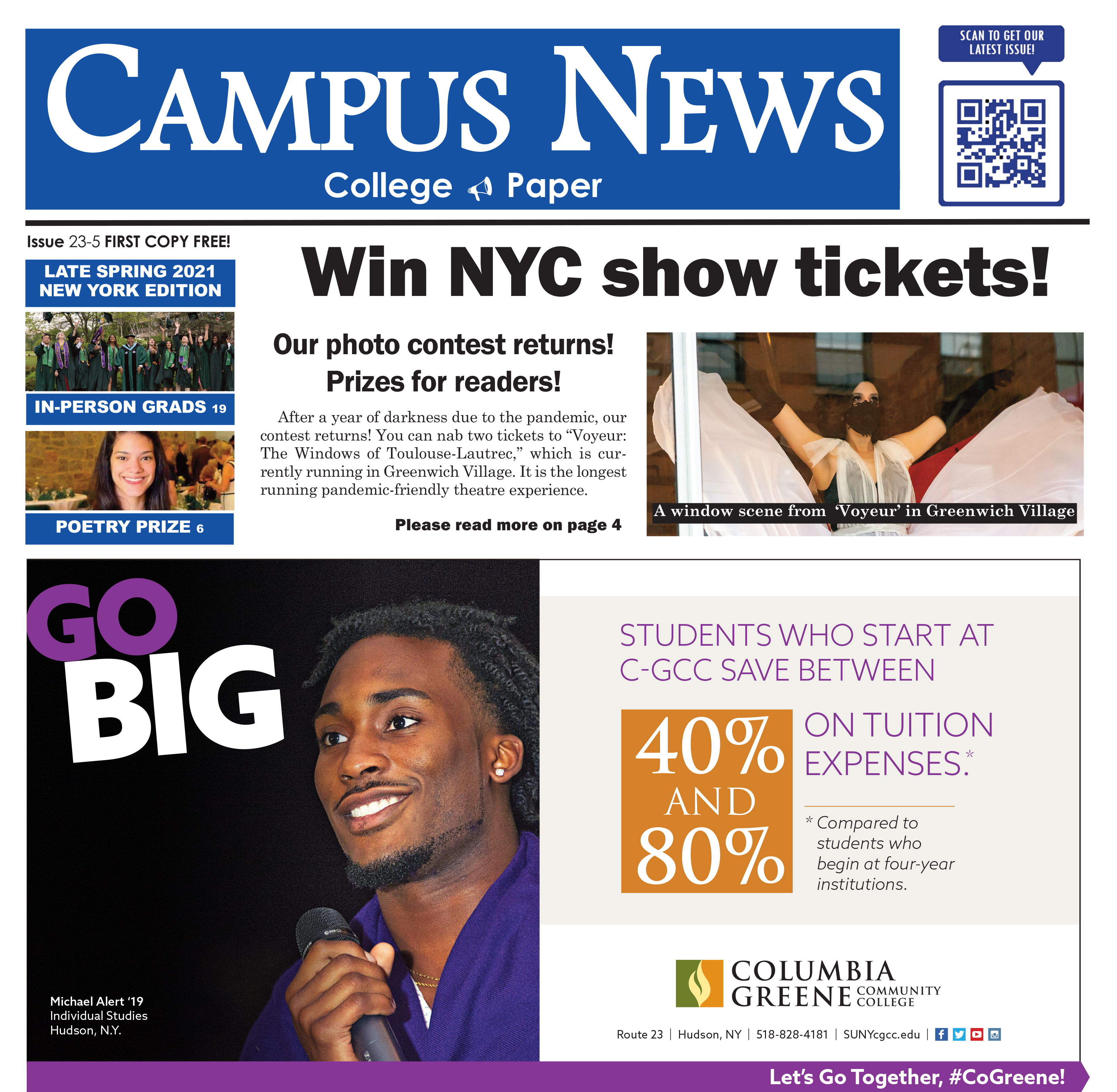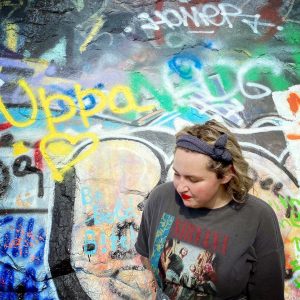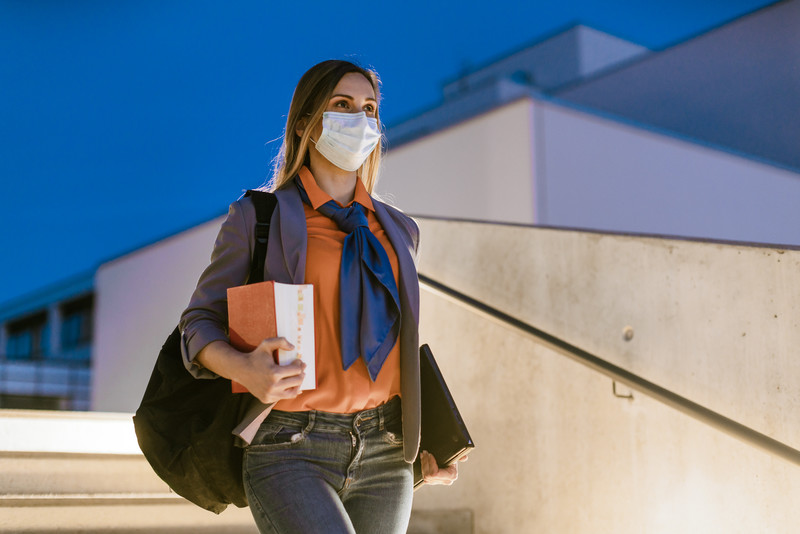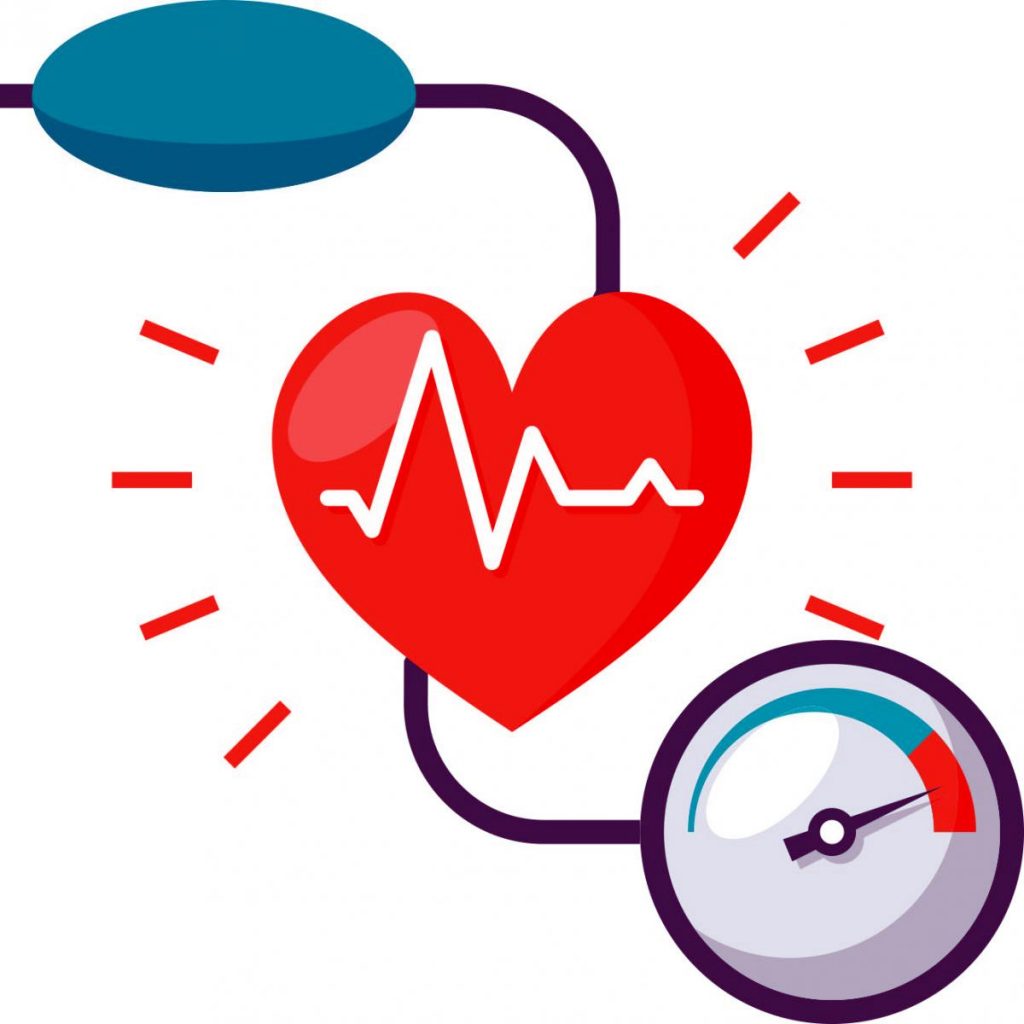By Kaylee Johnson
Campus News
Recently, I spent time with a small group of friends after not seeing each other for nearly a year. There was a noticeable difference in the way we interacted and a strong scent of awkwardness clouded the air around us. It was not a drift in friendship, rather a lapse in the retrieval of how to socialize face to face. It has been easy to send instant messages on social media apps, but the art of maintaining conversation and reading social cues has not been practiced readily for most people during the pandemic. This major isolation has resulted in social and emotional abnormalities in all demographics, but one of the most concerning groups are the younger people still attending classes.

From a K-6 educator’s standpoint, I see the delays in students and the hesitation to forge new friendships and engage in typical age appropriate activities during unstructured playtime. Many children are asking to work alone when given the option to partner up for projects. Perhaps the adversity of this year has brought on positive nuances such as flexibility and independence, but it has also made students reclusive and shy.
From a college student’s perspective, I think back on how energetic my campus was pre-pandemic. I was a member of multiple arts troupes and regularly performed in packed rooms of people, unmasked and belly laughing. A lot of those activities are still being held, virtually. The issue with hosting virtual poetry jams, musicals, comedy open mic nights and improv is that there is a distinct disconnect between the audience and the performers. Sure, we are making do with the situation – obviously some socialization is better than none, but it must also be understood that the camera off and mute button offer students a lot of freedom and comfort that they would not have in face to face situations. When I was in an improv comedy troupe, we would often choose a few people in the audience to really pick on and involve in skit work. Trying to do shows like that virtually will never have the same lasting flavor as they do in person.
Social norms have been shifted entirely in both professional and personal settings. Students are completing their coursework in bed, in pajamas, and their instructors are sitting at their kitchen tables with a single laptop, trying to deliver instruction that meets the mark. Many workers have been working from home this year and have missed out on the superficial workplace friendships that may seem unimportant and generic, but teach a lot about rapport and the art of small talk. Other small, but essential social interactions, like banter with waiters at restaurants and the pretentious, soothing conversations I used to have with the new mothers in my yoga class about breastfeeding and postpartum baby weight, even though I am not a mother, or a yogi.
A friend candidly pointed out that she has to get more comfortable with silence in a room. Nerves are heightened now, as people emerge back into their social circles, attempting to do it all organically. Zoom and social media have given society a security blanket from the natural weirdness that comes along with trying to read social cues and facial expressions.
Managing a large gathering is a lot like driving – you have to be awake and aware of the different things going on around you. There may be bitterness toward two people in a group, a hot discussion about differing political beliefs, or an obvious look of boredom on a person’s face as you discuss your favorite band that you would not see over text or on a phone call. Now more than ever, people are able to avoid uncomfortable social situations, either with the excuse of the pandemic or just meeting virtually and using the camera off feature by default. Navigating atypical social situations is such an important piece of developmental growth, and like any skill, a lack of practice will have consequences.
As you emerge back into your ecosystems and out of your warm cocoon, I encourage you to be kind to yourself. You may not be as polished socially as you once were, but embrace the oddness with your peers and co-workers with a bright sense of humor and try to gain your footing again gradually. Besides, all of the most memorable people in society are a little socially inept!
 Kaylee Johnson is a 2020 graduate of the College of Saint Rose in Albany, N.Y.
Kaylee Johnson is a 2020 graduate of the College of Saint Rose in Albany, N.Y.





Facebook Comments